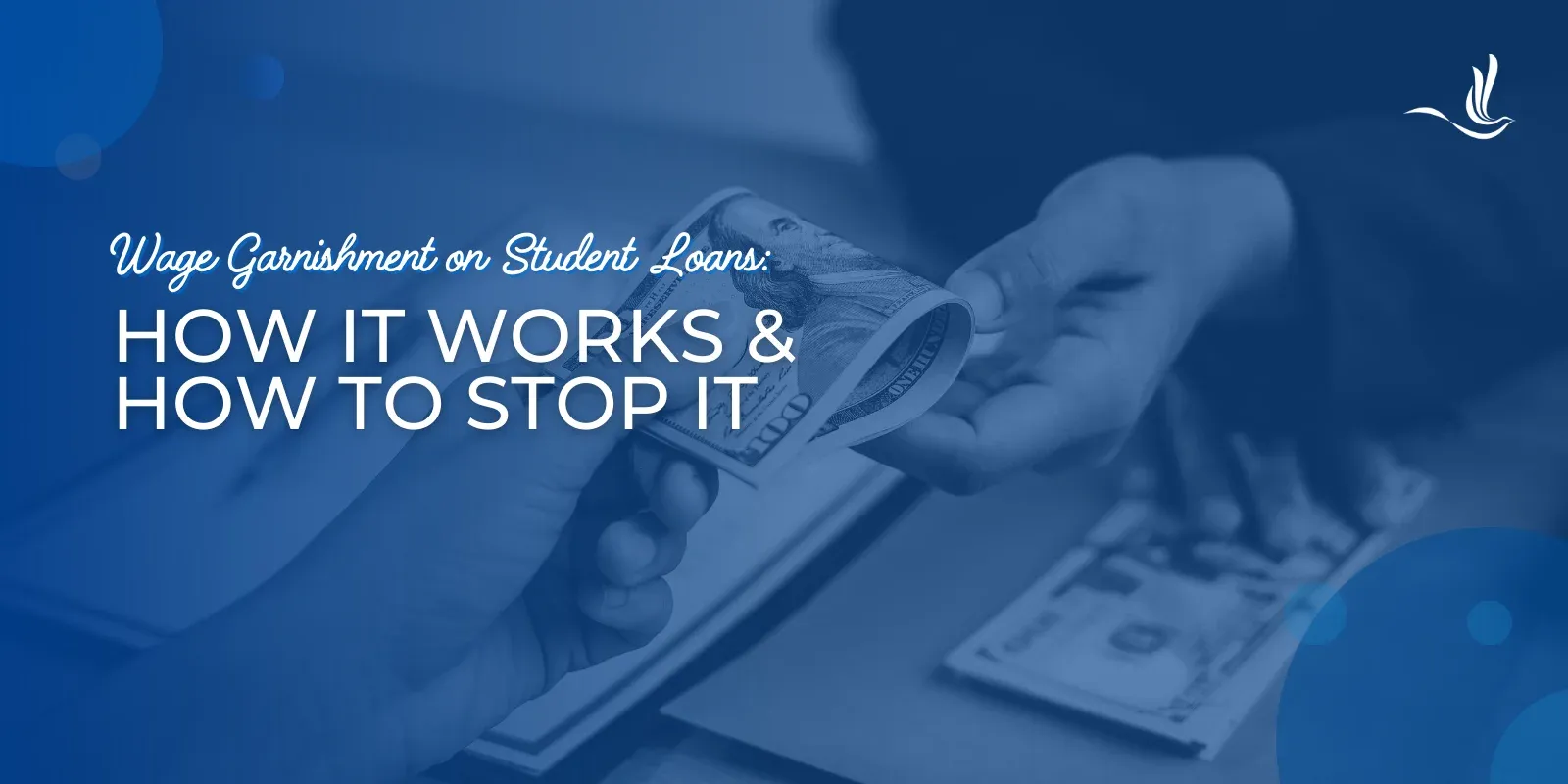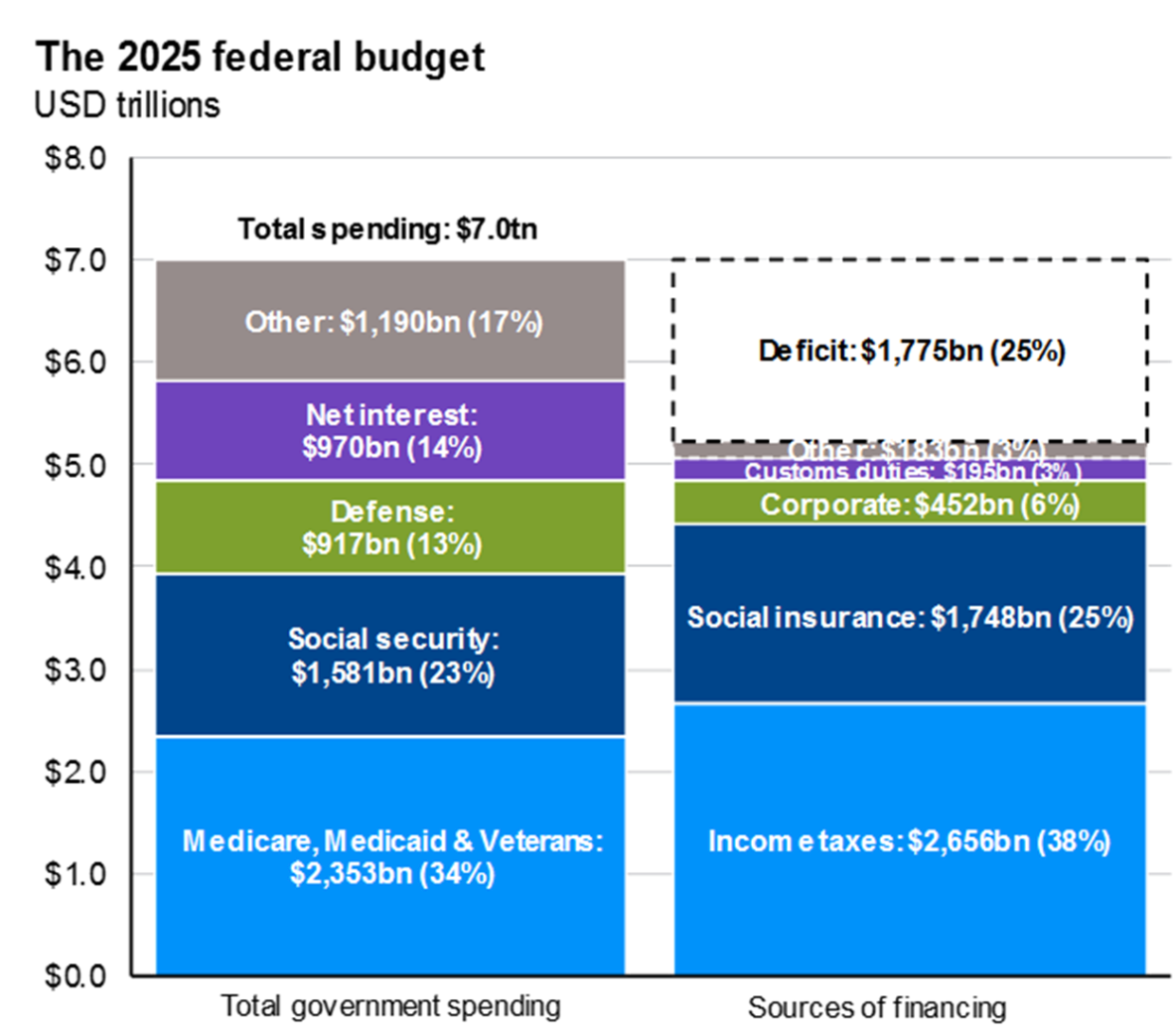By Timothy Adler on Small Business UK - Advice and Ideas for UK Small Businesses and SMEs
Now that 11 Tory leadership rivals have entered the race to become the next prime minister, SmallBusiness looks at what each of them are promising business owners.
All of the candidates apart from ex-chancellor Rishi Sunak are promising tax cuts, whether that’s reducing corporation tax, stopping the national insurance hike or cutting VAT.
The Tory leadership contest will be brief and brutal, with an expedited timetable expected to be agreed after elections to the 1922 Commiittee of Tory backbenchers this afternoon. MPs will winnow down the eleven so far to a final two within little more than a week, so party members can start deciding once parliament breaks up for summer on 21 July.
Some have compared this Tory leadership contest to the Sixties children’s TV cartoon Wacky Races but it seems more like a stock car rally given how damaging the badmouthing has been with contestants determined to smash into each other.
We look at what the Tory leadership rivals are saying about how they would boost business despite a looming recession, inflation and soaring energy costs.
Who are the Tory leadership rivals?
Rishi Sunak
Seen as the candidate to beat, the former chancellor has poured ice water on any business tax cuts. He believes the current post-Covid economy has to be paid for without yet more borrowing, which would just mean the government paying more interest on debt. Government debt has to be paid down now, he says, in order for any tax cuts in the future — to do otherwise would just be to pass on misery to future generations.
Mr Sunak has refused to cancel his plan to increase corporation tax from 19 to 25 per cent, due to come in from April 2023.
He also wants to increase national insurance payments by 1.25 percentage points for employers and employees alike.
Combined with freezing income tax allowances, Mr Sunak’s big three measures would produced £50bn a year in extra reveneus by 2024-25.
The tax burden is set to reach 36.3 per cent of GDP by 2026-27 — its highest level since Clement Attlee’s Labour government of the late 1940s.
On the plus side, Mr Sunak has been a cheerleader for digital start-ups. Giving the prestigious Mais lecture at London’s City University in February, the then-chancellor imagined an economy powered by higher business investment, better-skilled workers and more innovation.
Mr Sunak spent two years doing an MBA at Stanford University in California, probably the most prestigios university in America, where he said he was “surrounded by Silicon Valley start-ups, living and breathing that entrepreneurial culture”.
Simon French, chief economist at the stockbroker Panmure Gordon, told the Sunday Times that Mr Sunak was the clearest way to “move on from this economics of make-believe, which we’ve been stuck in for a while. He was by a considerable distance the most competent in the cabinet on economic issues. I’d like to see him play the guy who’s telling you the truth, rather than everyone else who’s wishing for unicorns”.
>See also: Why Rishi Sunak is going to be good for small business
Liz Truss
With pundits predicting the final runoff between two Tory leadership rivals will be between Rishi Sunak and foreign secretary Liz Truss, she has signalled she will cut corporation tax, reverse the national insurance rise and overhaul business rates.
Ms Truss is also reported to be “uneasy” about pressing ahead with raising corporation tax to 25 per cent next April.
Keen to demonstrate the “benefits of Brexit”, she will also call for an expansion of free ports and low-tax zones to encourage more business investment.
Ms Truss also believes that the “cost of Covid” should be paid back over a longer period.
Nadhim Zahawi
The new chancellor has said of tax cuts that “nothing is off the table” and has signalled that corporation tax, income tax and maybe VAT would be cut if he wins.
Launching his campaign, Mr Zahawi said: “As an entrepreneur and businessman, I know that lower taxes are how we create a thriving and dynamic economy.
Taxes for individuals, families and business need to be lower, and will be on my watch.”
>See also: What does Nadhim Zahawi mean for small business?
Jeremy Hunt
The former health secretary and previous leadership contestant has pledged to cut corporation tax to 15 per cent from its current 19 per cent.
Mr Hunt told the BBC: “I want to cut all taxes. The way we do that is to get the economy growing, get businesses making more profits, paying more tax, investing more, employing more.
“And corporation tax is one of the taxes that you pay on your profits. If it is higher then you have less money to invest and less ability to create new jobs, do all the things that we need to happen.”
Tom Tugenhadt
The only candidate who has never been a cabinet minister, Mr Tugenhadt was one of the few Conservative MPs to vote against the national insurance rise.
He has said: “I think we should bring forward tax cuts as soon as possible … I certainly think that we should be looking to lower taxes across every aspect of society.”
Grant Shapps
Transport secretary Grant Shapps has said he would give state support to companies with high energy consumption.
Further reading
Downing Street pushes for VAT to be cut from 20%
The post What Tory leadership rivals could mean for business appeared first on Small Business UK.
Original Article






